Deforestation-free cocoa farming involves setting up a production system with a low ecological footprint. It is a farming practice that involves a minimum rate of conversion at site level. In the case of Cameroon, the first requirement is compliance with the forestry law, which distinguishes between permanent and non-permanent forest areas. It is strictly forbidden to grow cocoa in the permanent forest area. In the non-permanent forest area, where it is permitted, it must preserve the essential biodiversity, i.e. with a strictly minimal conversion rate. The European Union, through its Commission, is the main buyer of cocoa beans from Cameroon, and is currently drawing up a regulation that will come into force in 2025, with the aim of banning the import of cocoa that has caused deforestation.
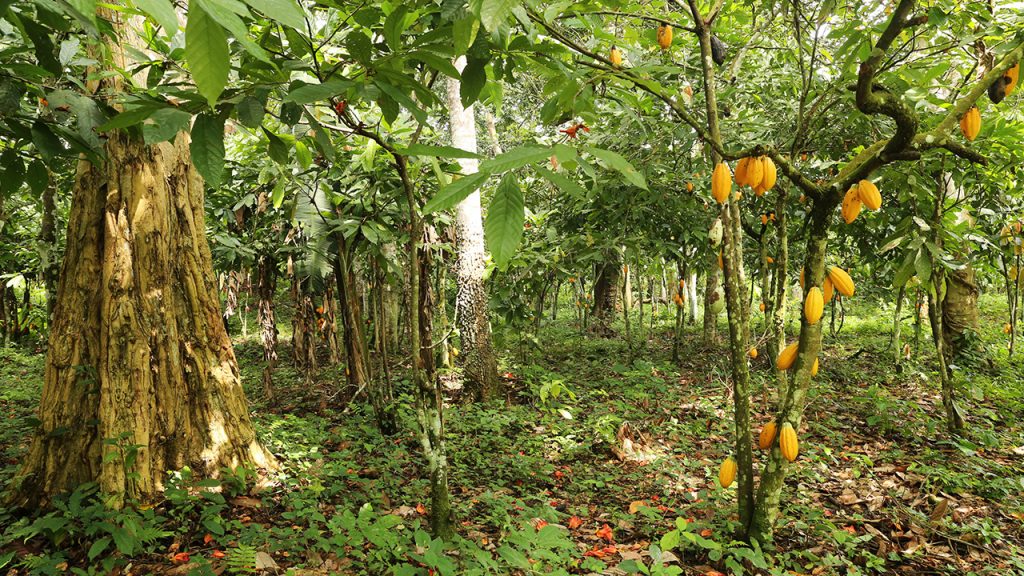
SODECAO has put in place a strategy to help producers meet this requirement, based on an intensive agroforestry production system.
Transform the vicious circle of deforestation caused by low yields into a virtuous circle.
To achieve this, SODECAO produces and provides farmers with improved planting material (cocoa and plantain seedlings) for the rehabilitation of old, low-yielding plots, builds their technical capacity in orchard maintenance and rehabilitation, and helps them set up an optimal orchard protection and fertilization strategy. This entire support package helps to obtain good yields on the production and rehabilitated plots; which leads to reducing the temptation of deforesting in order to create new plots.
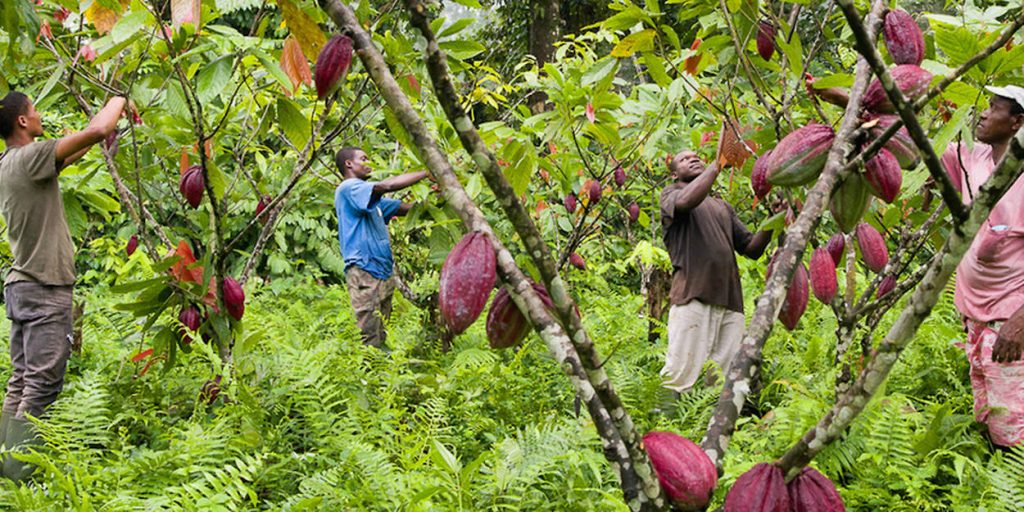


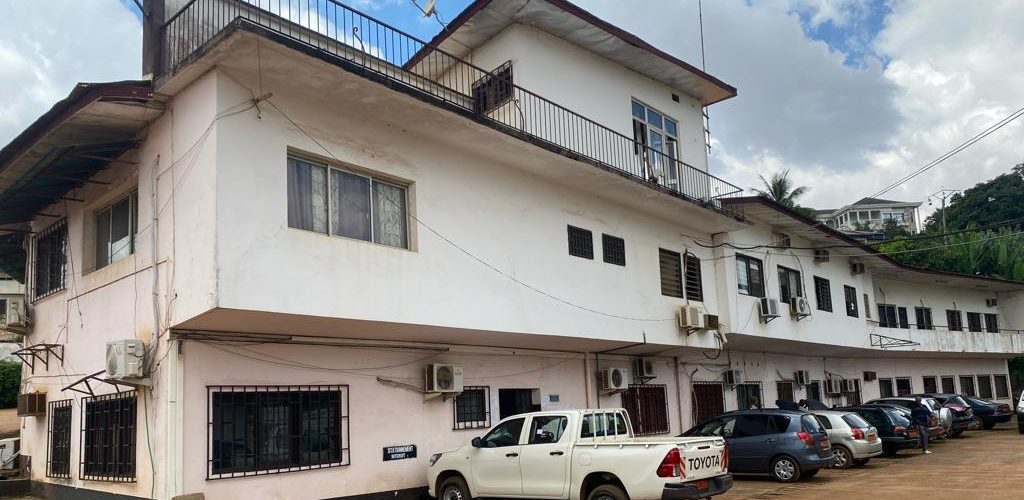
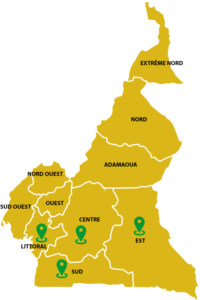
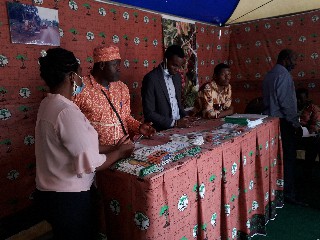
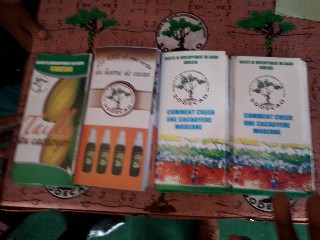
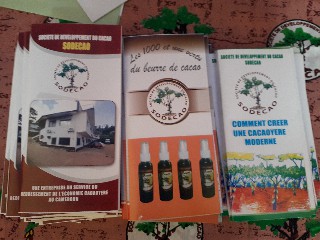
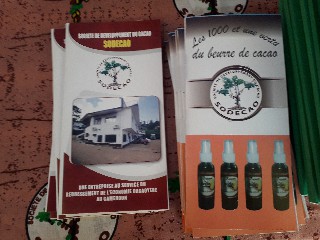
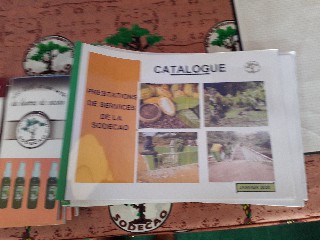
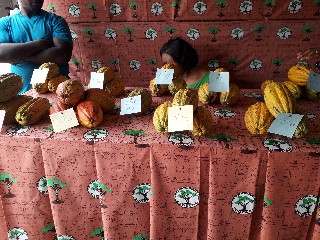
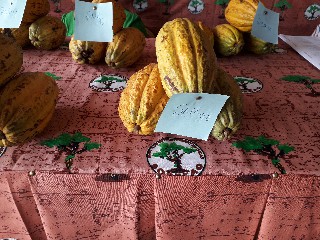
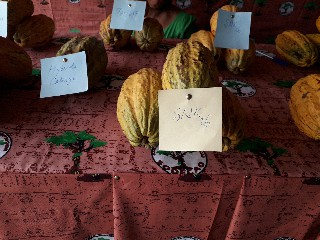
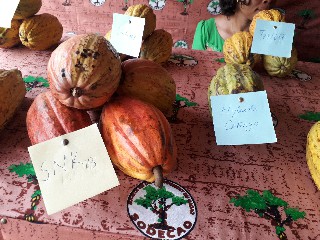
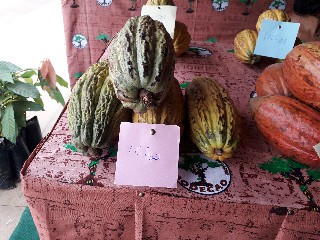
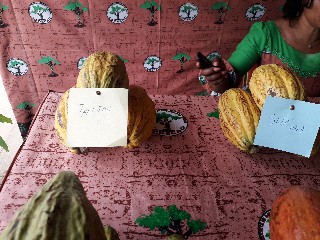
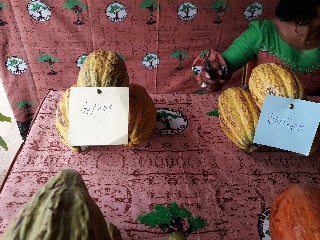
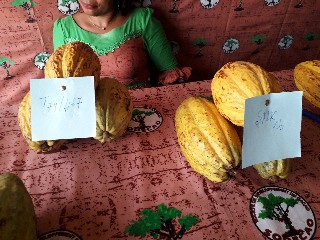
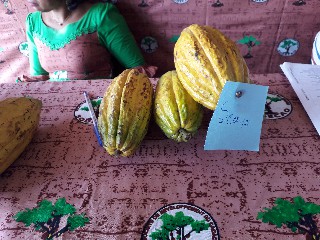
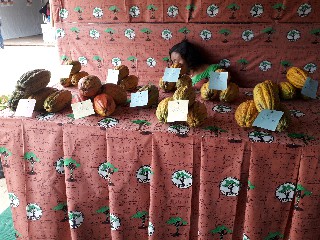
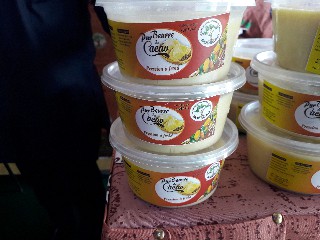
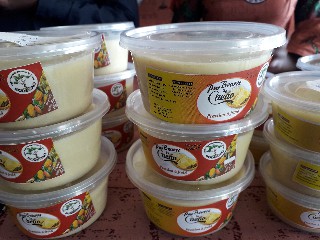
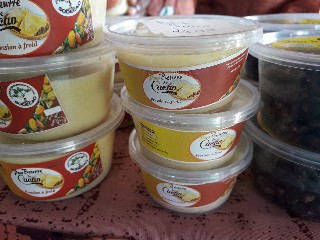
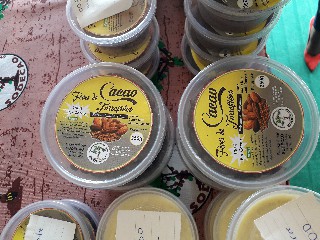
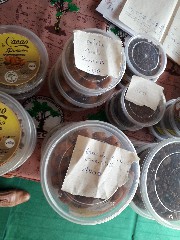
Recent Comments